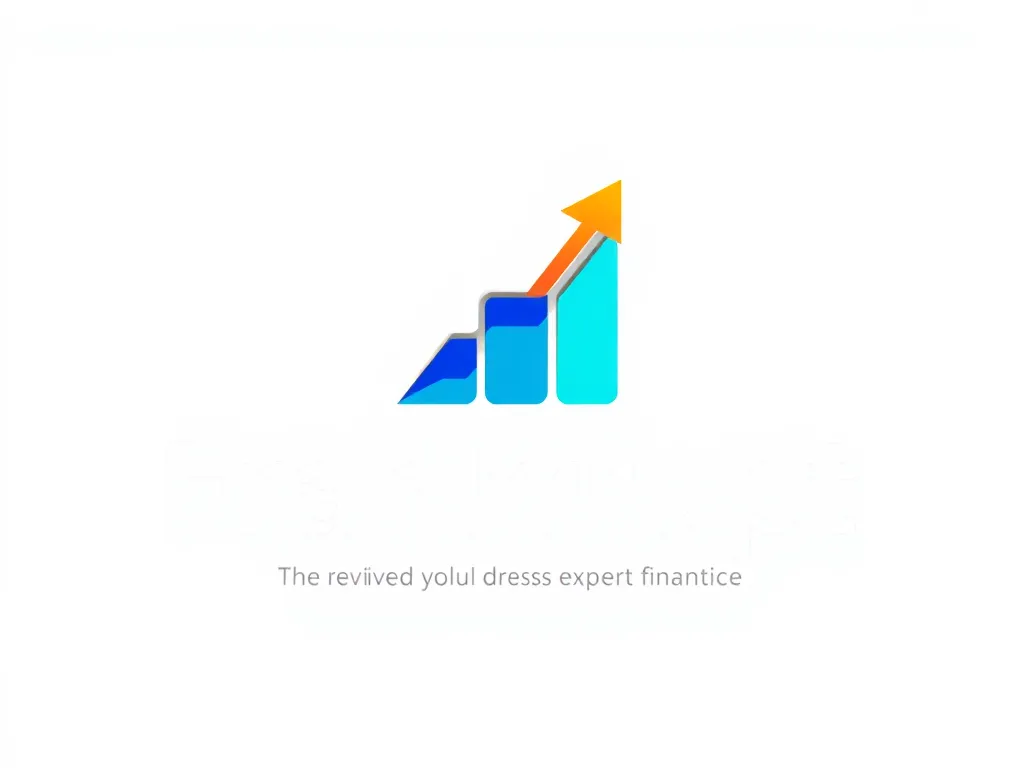Essential Chapter 7 Bankruptcy Help: Your Guide to Relief

Chapter 7 Bankruptcy Help: A Comprehensive Guide
Chapter 7 Bankruptcy Help is essential for individuals facing overwhelming debt and financial challenges. This type of bankruptcy allows debtors to eliminate many unsecured debts, providing a fresh start and a pathway toward financial recovery. However, navigating the Chapter 7 process can be complex, and understanding the nuances involved is crucial for a successful discharge of debts.
When seeking Chapter 7 Bankruptcy Help, it's important to comprehend the implications of filing for bankruptcy. While it can relieve financial pressure, it may also impact your credit score and future borrowing capabilities. Seeking guidance from qualified professionals or bankruptcy attorneys can help demystify this process and clarify your options, ensuring you make informed decisions that align with your long-term financial goals.
The decision to file for Chapter 7 should not be taken lightly. It is advisable to gather all necessary documentation, assess your debts and assets, and evaluate whether you meet the specific eligibility requirements for Chapter 7 Bankruptcy. Having a clear understanding of your financial situation can greatly enhance your chances of a successful bankruptcy filing and provide you with the tools needed to rebuild your financial future.
In summary, Chapter 7 Bankruptcy Help can be a lifesaver for those in dire financial straits. With the right information and support, individuals can navigate this challenging process, emerge debt-free, and embark on a new financial journey. Whether through professional legal aid or community resources, obtaining help is the first step toward reclaiming financial stability.
As we delve deeper into this comprehensive guide, we will explore the intricacies of Chapter 7 bankruptcy, including its eligibility requirements, the process involved, and key considerations to keep in mind when seeking help. Understanding these factors will empower you to make the best decisions during your financial journey.
Understanding Chapter 7 Bankruptcy
Chapter 7 Bankruptcy, often referred to as liquidation bankruptcy, is a legal process that allows individuals to eliminate most of their unsecured debts, such as credit card debt and medical bills. The process is overseen by a bankruptcy trustee, who evaluates the debtor's financial situation, sells non-exempt assets, and distributes the proceeds to creditors. For many, Chapter 7 provides a quicker and more straightforward way to achieve financial relief compared to other forms of bankruptcy.
To qualify for Chapter 7 Bankruptcy, individuals must meet specific eligibility requirements outlined by the bankruptcy court. Primarily, an individual’s income must fall below the median income level for their state, and they may need to pass the means test, which evaluates disposable income. Additionally, individuals must have completed credit counseling from an accredited agency within six months prior to filing.
Chapter 7 Bankruptcy differs significantly from Chapter 13 Bankruptcy, which involves a repayment plan allowing individuals to pay off their debts over three to five years. In Chapter 7, most unsecured debts are discharged relatively quickly, while Chapter 13 requires a monthly payment plan for a stipulated period. The choice between these two types often depends on individual financial circumstances and long-term goals.
For those overwhelmed by debt, seeking Chapter 7 Bankruptcy Help can provide a fresh financial start.
The Chapter 7 Bankruptcy Process
The Chapter 7 Bankruptcy process involves several steps. First, individuals must gather financial documentation, including income statements, tax returns, and a list of debts. Next, they must file a petition with the bankruptcy court, along with the required schedules outlining financial details. After filing, a meeting of creditors, known as a 341 meeting, takes place, where the debtor answers questions from the bankruptcy trustee and creditors.
During the bankruptcy process, debtors can expect a thorough examination of their finances, including income and assets. The bankruptcy trustee will assess which assets are considered exempt from liquidation (protected from being sold) and which can be liquidated to repay creditors. Understanding what to expect throughout this process can alleviate some anxiety and help debtors prepare for the next steps.
The timeline for Chapter 7 Bankruptcy can vary based on individual circumstances and the court’s schedule, but it typically takes about 3 to 6 months from the filing date to discharge. Debtors should be aware that certain delays can occur, especially if disputes arise regarding the debtor's financial disclosures or eligibility. Staying organized and responsive throughout this period is critical.
Finding Chapter 7 Bankruptcy Help
Choosing the right bankruptcy attorney is crucial for ensuring a successful Chapter 7 filing. Key factors to consider include experience, reputation, and fees. It's advisable to schedule consultations with multiple attorneys to discuss your case and get a sense of their approach. A good attorney should provide clear guidance, answer your questions, and explain the Chapter 7 process thoroughly.
There are several resources available for individuals seeking free bankruptcy consultations. Nonprofit organizations and legal aid clinics often offer free or low-cost services tailored for individuals struggling with debt. Online directories and local bar associations can also help individuals find reputable attorneys willing to provide initial consultations at no charge.
Community resources for Chapter 7 assistance may include financial counseling services, consumer debt organizations, and local government programs aimed at supporting those in financial distress. These resources can provide valuable information, educational materials, and emotional support during the bankruptcy process.
Post-Bankruptcy Recovery
Rebuilding credit after Chapter 7 Bankruptcy is a critical part of the recovery process. While a bankruptcy filing can initially hurt credit scores, many individuals find that they can begin rebuilding their credit within months by responsibly managing new credit accounts, making timely payments, and keeping overall debt levels low. Establishing good financial habits is essential for long-term recovery.
Financial planning post-bankruptcy involves creating a budget, setting achievable financial goals, and exploring saving strategies. It's also important to continue educating oneself about personal finance to prevent future financial difficulties. Transitioning to a more secure financial future can be achieved through diligent planning and disciplined spending.
Common mistakes to avoid after bankruptcy include accumulating new debt without a plan, disregarding budgetary constraints, or failing to monitor credit reports regularly for inaccuracies. Recognizing these pitfalls can help individuals maintain their post-bankruptcy financial health and make informed decisions moving forward.
Frequently Asked Questions about Chapter 7
Common misconceptions about Chapter 7 Bankruptcy include the belief that all assets will be lost or that it will result in irreversible financial ruin. In reality, many individuals retain significant assets due to state exemption laws, and Chapter 7 can act as a pathway to financial recovery and improved stability.
Chapter 7 can impact assets in various ways. Non-exempt assets may be sold to satisfy debts, but exempt assets, such as a primary residence or personal belongings within certain value limits, may be protected from liquidation. Understanding asset classification is integral to navigating the bankruptcy process.
Certain debts can be discharged through Chapter 7 Bankruptcy, including unsecured debts such as credit cards and personal loans. However, some obligations, like student loans, child support, and certain taxes, typically cannot be discharged. Recognizing which debts are eligible for discharge is vital for anyone considering this form of bankruptcy.
